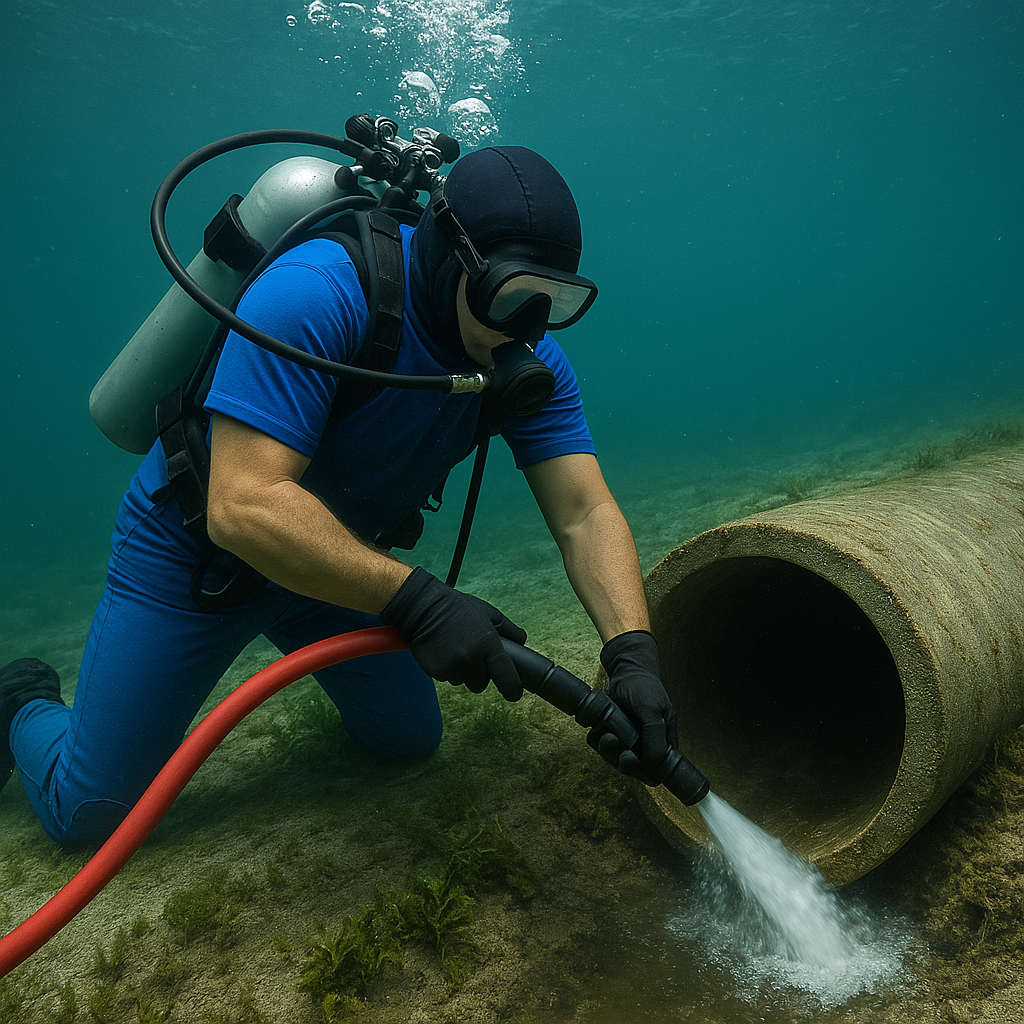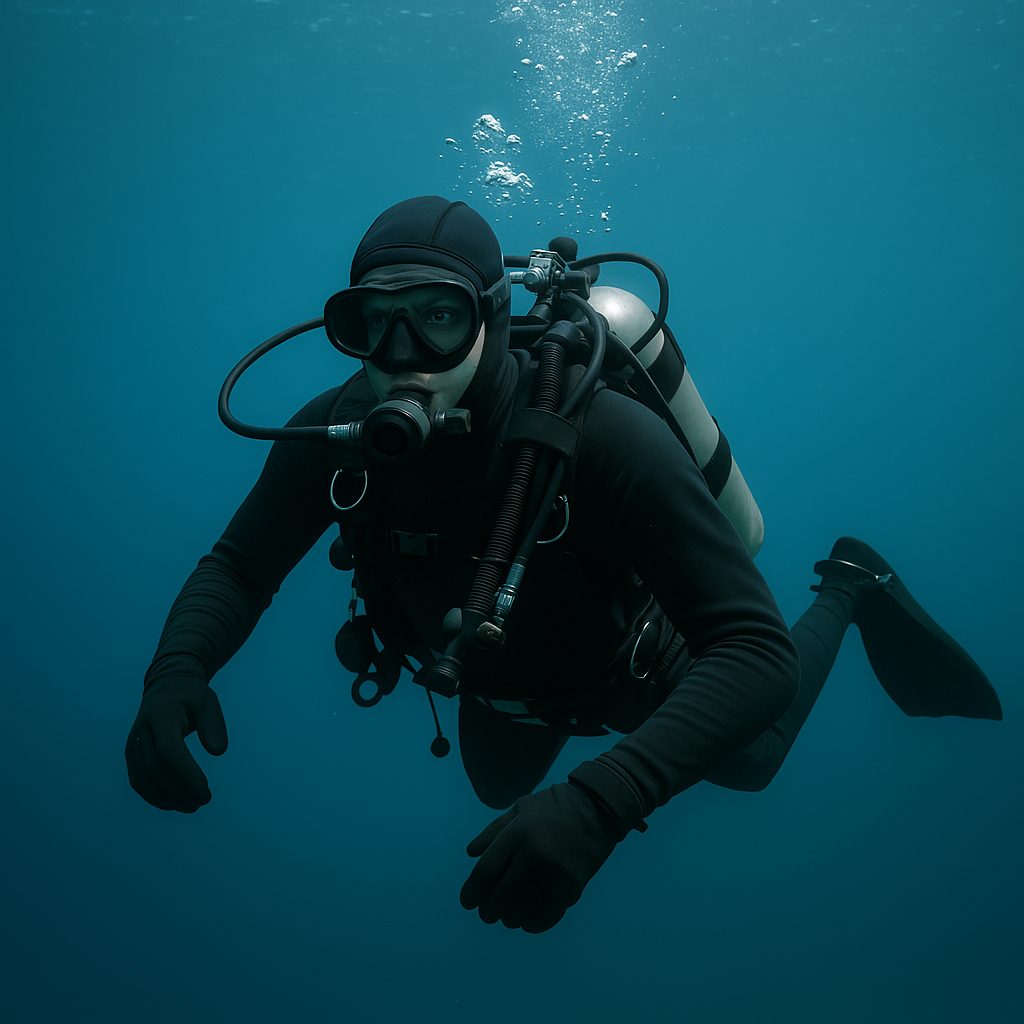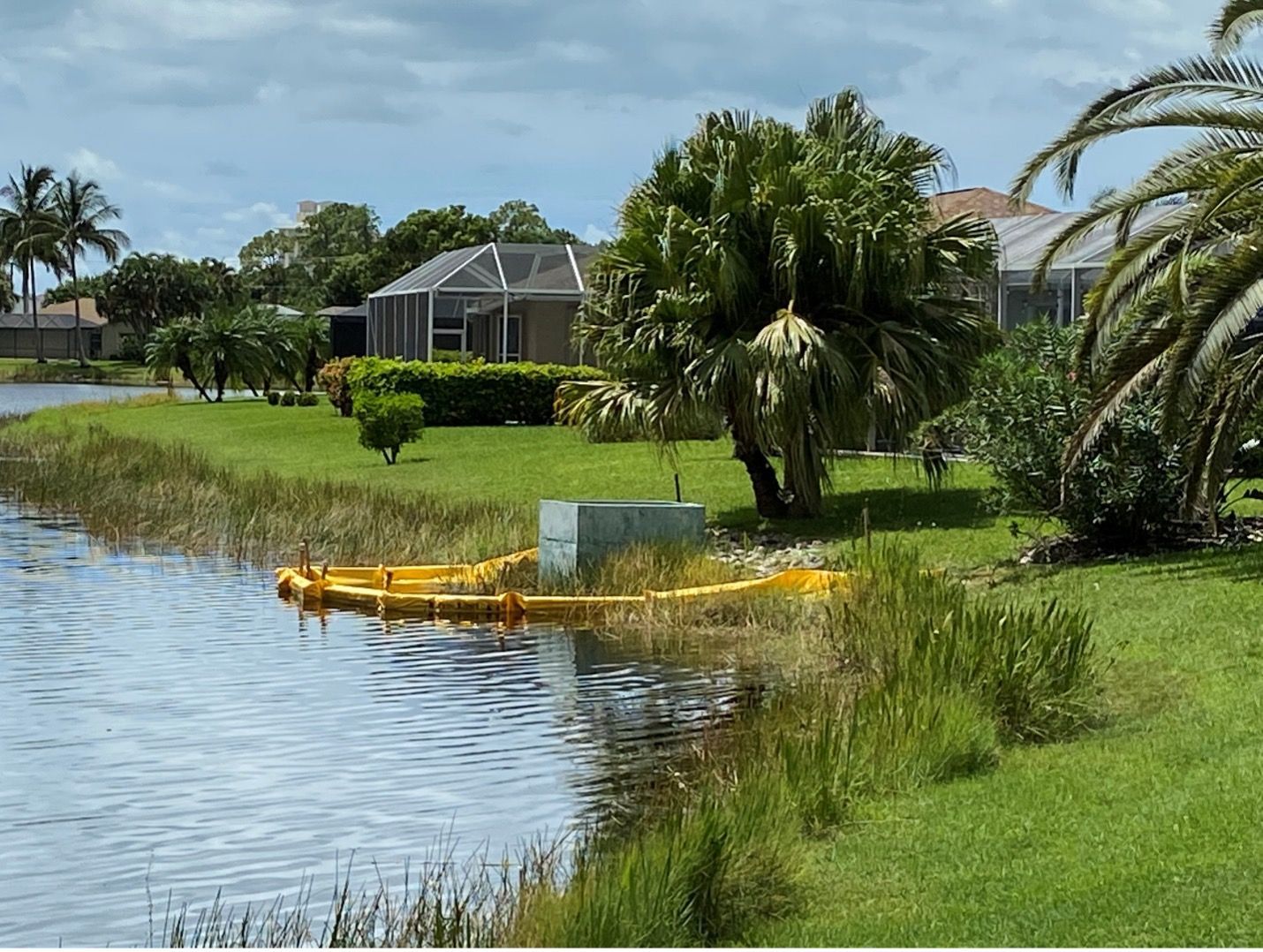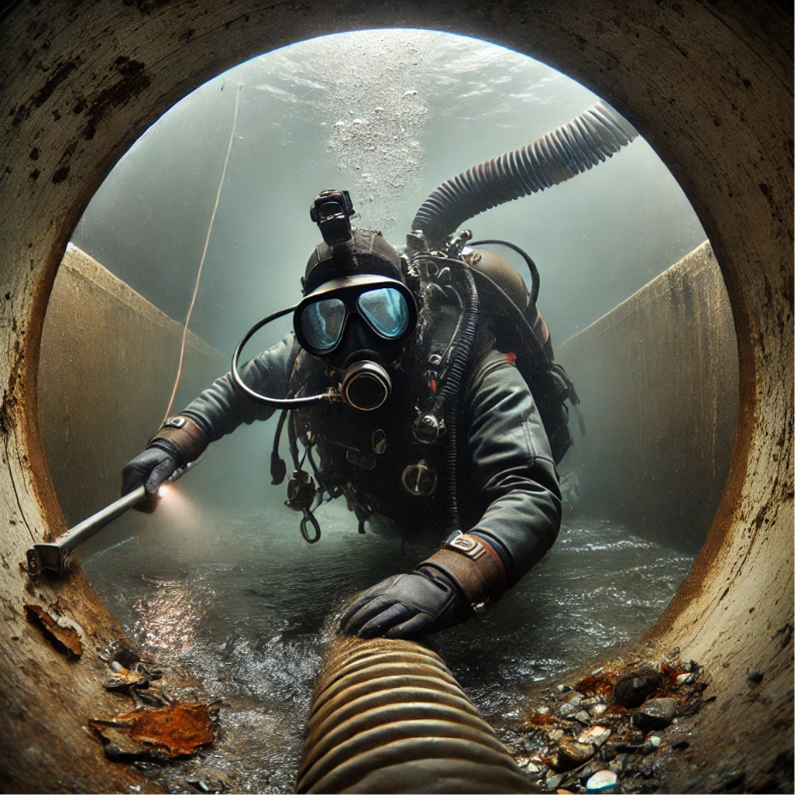Main Line Injections for Stormwater Systems in Freshwater Lakes: A Smart Solution for Gated Communities in Lee, Collier & Charlotte Counties
In the gated communities of Southwest Florida, where freshwater lakes and ponds double as both scenic amenities and vital stormwater retention basins, maintaining infrastructure below the surface is crucial for environmental compliance and system performance. One often-overlooked but highly effective technique used in stormwater maintenance is main line injection.
Main line injections are a non-invasive method used to clear, rehabilitate, and maintain stormwater drainage pipes connected to lakes, ponds, and canals—without the need for excavation or heavy equipment. Especially in communities throughout Lee, Collier, and Charlotte counties, this method provides an eco-friendly, cost-effective approach to managing stormwater systems in areas where access can be limited.

What Is a Main Line Injection?
A main line injection involves the pressurized introduction of water, air, chemical treatments, or biological agents into underground stormwater pipes and culverts. This process helps remove blockages, restore flow, and sometimes coat or seal the interior walls of stormwater pipes to extend their service life. They also support the stormwater system’s ability to convey water during peak storm events—a growing concern in hurricane-prone Southwest Florida. Stormwater infrastructure in Lee, Collier, and Charlotte counties is constantly under pressure from Frequent heavy rainfall, nutrient-rich runoff from landscaping, sediment and organic material from lake banks, and aging concrete or corrugated metal storm lines As these systems age or accumulate debris, they become less effective—causing potential flooding, erosion, or even violations of water quality standards enforced by Florida DEP or local Water Management Districts.
Main line injection is commonly used to:
- Remove sediment buildup
- Break down organic sludge and algae
- Dislodge obstructions or invasive roots
- Deliver cleaning or anti-corrosion solutions
- Rehabilitate aging or corroded storm lines
This method is ideal for stormwater systems that discharge into or pull from freshwater lakes and ponds, especially in residential communities where lake banks and infrastructure are difficult to access with large equipment.
Applications in Gated Communities
In upscale communities with freshwater lakes and premium landscaping, disrupting common areas with large-scale repairs is often not an option. Main line injection services are performed with minimal surface disruption and no need to lower water levels or drain lakes.
Common applications include:
- Jetting or chemical cleaning of lake outfall pipes and interconnects
- Restoring capacity in partially blocked culverts and control structures
- Treatment for biofilm or algae growth inside stormwater pipes
- Maintenance of underwater connections between lake systems
- Prevention of pipe failure using lining agents or corrosion control solutions
Regulatory Compliance and Long-Term Savings
Stormwater systems tied to lakes and ponds must remain compliant with NPDES permits, stormwater operation and maintenance plans, and local inspection requirements. Main line injection helps demonstrate proactive maintenance and can be a key component of a Stormwater Pollution Prevention Plan (SWPPP). By avoiding costly excavation or pipe replacement, HOAs and property managers in Naples, Fort Myers, Punta Gorda, Bonita Springs, Cape Coral, and surrounding areas can reduce maintenance costs and extend the life of existing infrastructure—while protecting the beauty and function of their freshwater lakes.
Partner with a Stormwater Maintenance Expert
If you're managing a residential lake system or stormwater network in Lee, Collier, or Charlotte County, main line injection should be part of your maintenance strategy. It's safe, effective, and minimally invasive—perfect for preserving both compliance and curb appeal in your gated community.
Recent Posts






